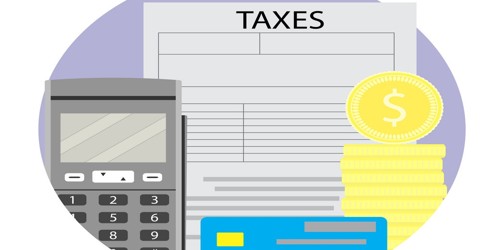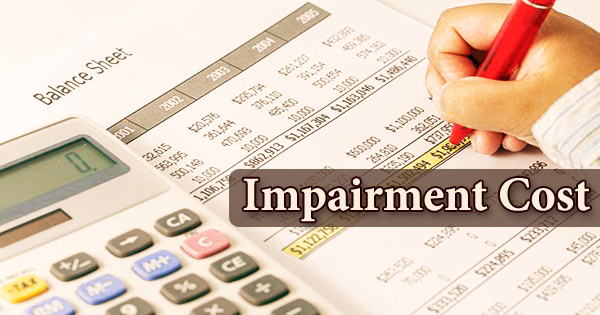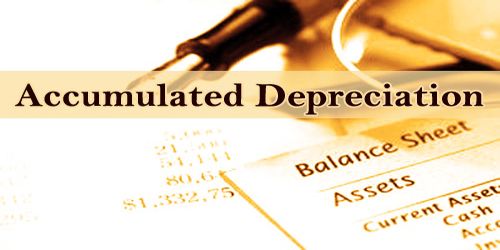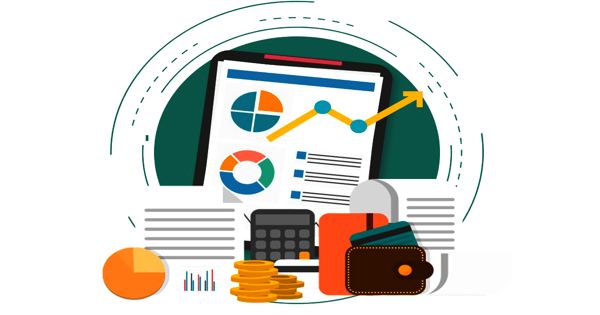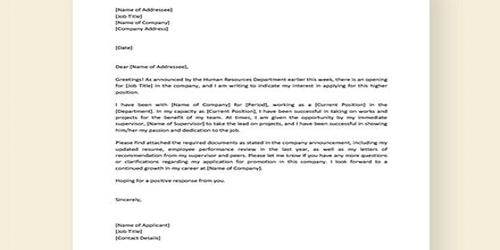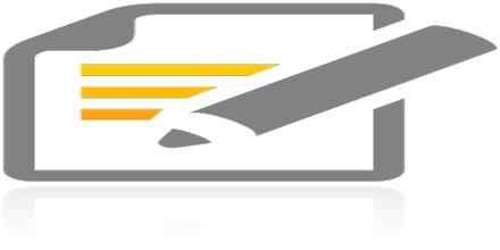Concept of Tax
Taxation is the biggest source of the public revenue of the government. A nation requires sufficient funds to carry out development plans, handle day to day administration, maintain peace and security and launch other public welfare activities. It may be levied on the income, property and even in the time of purchasing a commodity. The tax collected is used for the betterment of the economy and all living in it.
Tax is any compulsory levy from individuals, households, and firms to central or local government. In modern economies, taxes are the most important source of governmental revenue. It is simply a liability to pay an amount to the government. It is a compulsory contribution from the taxpayers. Tax is computed and paid as prescribed in the law. A percentage of the taxpayer’s earnings or money is taken and remitted to the government.
According to Prof. Dalton, “A tax is a compulsory contribution imposed by a public authority irrespective of the exact amount of service rendered to the taxpayer in return and not imposed as a penalty for any legal offense.”
The funds required by the government are normally collected from two sources: debt and revenues. The debt can be collected either from internal sources or external sources. The debt collected within the country is known as internal debt while the debt collected from outside the country is called external debt. The debt financing of government is also known as deficit financing. The revenues of the government come basically from two sources: tax and non-tax. Non-tax sources include different revenues like gifts, grants, revenues from public enterprises, administrative revenues such as registration fees, fines, and penalties. Tax sources include customers, excise duty, VAT and income tax.
There are several very common types of taxes:
- Income Tax: a percentage of individual earnings filed to the federal government
- Corporate Tax: a percentage of corporate profits taken as tax by the government to fund federal programs.
- Sales Tax: taxes levied on certain goods and services
- Property Tax: based on the value of land and property assets
- Tariff: taxes on imported goods imposed in the aim of strengthening internal businesses
It can be concluded that:
- Tax is a compulsory levy imposed by the government
- Tax is levied on persons as per the prevailing laws.
- Those who pay tax do not get corresponding benefits from the government.
- Tax is spent for the common interest of the people.
- Tax is collected from the haves and spent on the interest of have-not in society.
Therefore, we can define tax as a compulsory contribution made by the taxpayer to the government without having any direct personal benefits.
Information Source:
